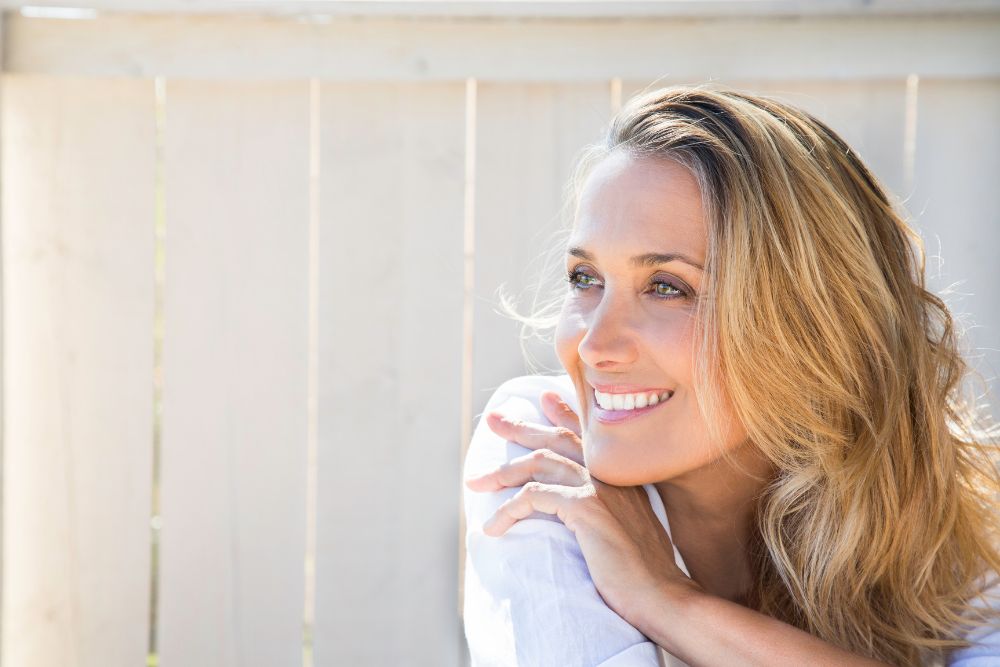IVF After 40: Realistic Expectations and Encouraging Advances

Starting a family later in life has become increasingly common, and for many, IVF provides a hopeful path to parenthood. If you're over 40 and thinking about IVF, it's important to understand both the challenges and the possibilities. While age can impact fertility, new technologies and personalized treatment plans are helping more patients in their 40s achieve successful pregnancies.
Understanding Fertility After 40
As we age, our fertility naturally declines. By the time a woman reaches her early 40s, both egg quality and quantity have decreased significantly. This can make it more difficult to conceive naturally and may increase the risk of miscarriage or chromosomal abnormalities. But it’s not all discouraging news. With the right guidance and medical support, IVF remains a promising path for many patients in their 40s.
IVF Success Rates Over 40
IVF success rates for women over 40 tend to be lower compared to those in their 20s or 30s. According to SART data, women aged 40 to 42 have around a 20% chance of a live birth using their own eggs across multiple embryo transfers. For women 43 and older, that number drops to about 8%.
However, these are averages, not absolutes. Factors like overall health, hormone levels, and embryo quality all play a role. Some patients in their 40s do conceive with their own eggs, especially with the right medical approach and close monitoring. Still, it’s important to go into IVF with clear expectations and a plan that’s tailored to your unique needs.
The Role of Donor Eggs
One option that significantly improves IVF outcomes for women over 40 is using donor eggs. Donor eggs are provided by women typically between the ages of 21 and 30, which means they are more likely to result in healthy embryos and higher success rates. In fact, success rates using donor eggs can reach close to 50 percent or higher, depending on individual factors.
Choosing donor eggs is a deeply personal decision, but it’s a very common and medically sound option for older patients. Many individuals and couples who go this route find peace in knowing that they’re increasing their chances of a healthy pregnancy and baby.
Advances That Improve IVF Outcomes
The field of reproductive medicine is constantly evolving, and patients over 40 are benefiting from these changes. A few notable advances include:
Preimplantation Genetic Testing for Aneuploidy (PGT-A): This screening allows embryologists to identify which embryos have the correct number of chromosomes. Transferring chromosomally normal embryos can increase the chances of implantation and reduce the risk of miscarriage.
Vitrification (advanced embryo freezing): This rapid-freezing method safely preserves egg and embryo quality for future use. It’s especially useful for those who plan to do multiple IVF cycles or want to delay embryo transfer. It’s also a valuable option for individuals or couples in their 20s and 30s who want to delay pregnancy but protect their chances of having biological children later on.
Individualized treatment protocols: Everybody is different. At Kentucky Fertility Institute, treatment plans are carefully designed based on your health, unique needs, and goals. This personalized approach helps optimize each step of the IVF process.
Making Empowered Choices
If you're considering IVF after 40, know that you're not alone. Many patients in your shoes have found success through a combination of science, support, and smart planning. While age may be a factor, it doesn’t have to be the final word.
At Kentucky Fertility Institute, we’re here to help you understand your options, make informed choices, and feel supported throughout your journey. Whether you're exploring IVF with your own eggs or thinking about donor egg IVF, our team is ready to create a plan that works for you. Schedule a consultation with Kentucky Fertility Institute to learn more about your fertility options after 40.


